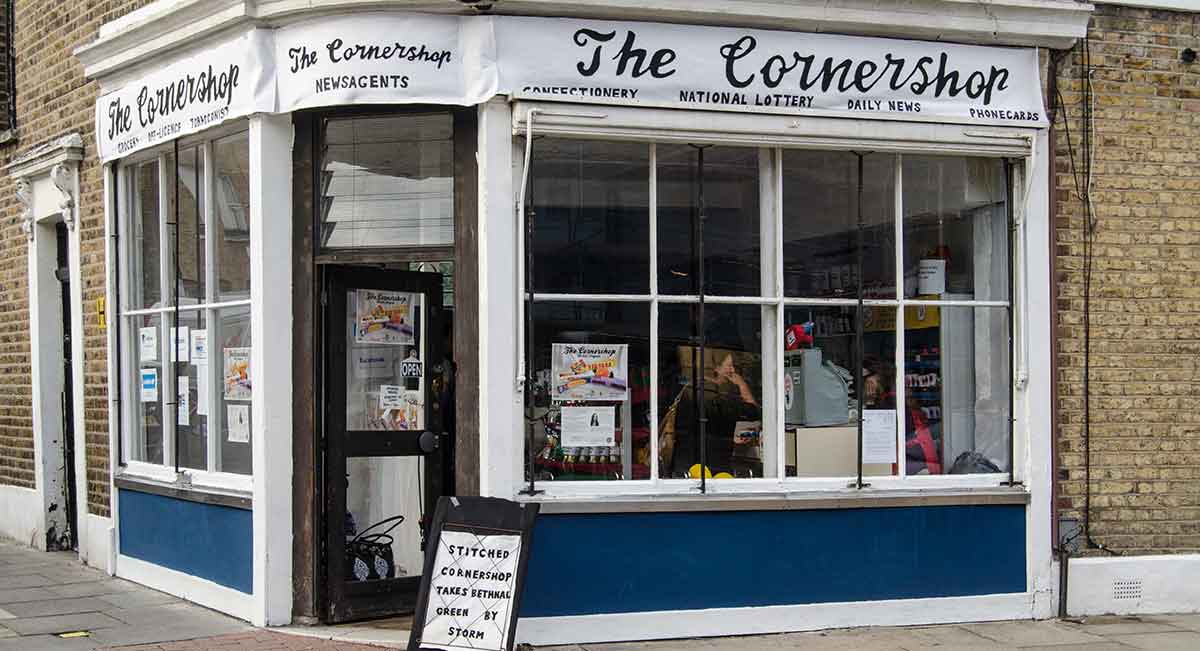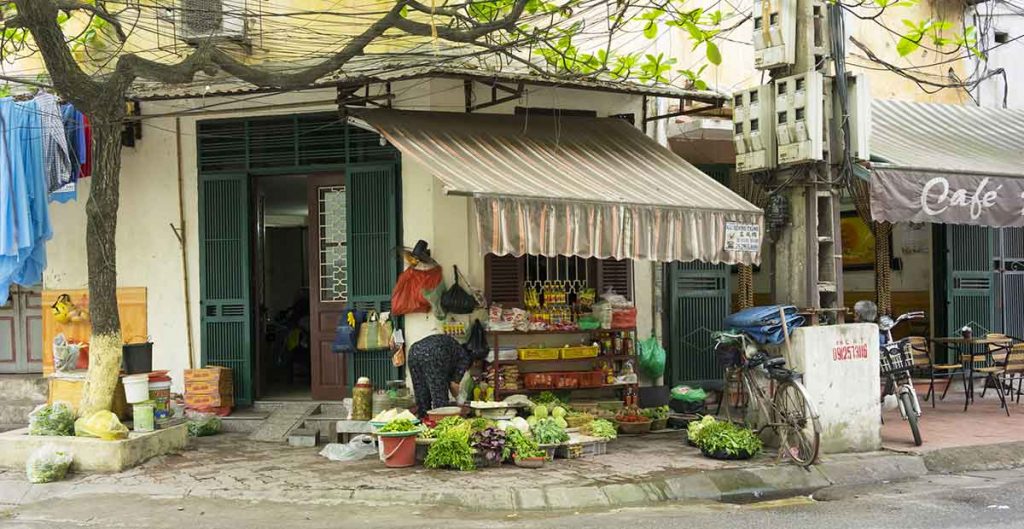Business
Indian-run Corner Shops in UK are Shutting Down

The culture that the corner shops brought in made them a ‘British icon’ but today they are vanishing fast.
The corner shops that were easily found on every other street are slowly becoming a thing of the past in the United Kingdom. The reasons for the closure are varied, ranging from failing to compete with the ever-emerging supermarkets to getting shut down by authorities for not complying with the licensing standards.
A corner shop in Hook lost its licence last month for selling alcohol and tobacco to underage people. The Premier Express store at Station Road, Hook, owned by Keyur Patel is one of the many corner shops run by Indians, Pakistani and Bangladeshi immigrants in the UK. The small retail stores, situated in a residential area, carry a limited supply of everyday items and are usually open for long hours for the convenience of shoppers.

Photo Credit: Wikimedia Commons
Closing Corner Shops
For many from the Indian subcontinent, these shops became a place to integrate with the fellow countrymen. Rajanibhai and Hemendrabhai, residents of Leicester, who have been friends since the early 1970s, shared the good old memories of corner shops with The Quint. “In those days, the corner shop wasn’t only a place for business between shopkeepers and customers but was also a place where people would congregate to have a chit-chat or share information,” Rajanibhai recalled. The shop closed down in 1982 as a result of the booming supermarkets.
These shops might be small but they never go unnoticed. Painted with colours that stand out among the pale buildings, the corner shops radiate a strange homely feel that supermarkets never could, even for the foreigners. The culture that the corner shops brought in made them a ‘British icon’, but the decline of the corner shops started more than a decade ago.
Early Warnings
In 2006, UK’s All-Party Parliamentary Group for Small Shops warned that supermarkets were taking away business from the small corner shops. In a report titled High Street Britain: 2015, the group said, “The erosion of small shops is viewed as the erosion of the social glue that binds communities together.”
Hub for Friends and Families
Manchester-based Jitendra Pandit’s parents set up a small corner shop in the front room of their house. “Personally, owning a shop helped me integrate more with the society than my friends who didn’t own shops,” he told The Quint. “It helped me to understand the multi-cultural system at a deeper level. As a result, I became friends with some non-Asian boys who would invite me to their family functions. Our friendship still exists.” The shop eventually closed down in 2008.
He also explained how the corner shop helped him learn English and talk to people from different communities. He recounts the times when his mother was petrified to hear British women address her husband as ‘lover boy’ while the men called her ‘darling’.
Second Generation Taking Over
Many of the first generation Indians worry that their children may not take their family business forward, which is often the case. But in contrast, there are people such as Manchester-based Parul Vithlani who have opted to take care of the family business along with her two brothers and nephews.
She says that they still have a good relationship with the regular customers since they know them from the time her parents managed the shop. But she does feel that things have changed.
As the supermarkets came into the picture, they seem to have pushed the small corner shops out of the frame even though some have still managed to survive. But for how long, everyone wonders.



